
One of the most renowned central universities in India, Jamia Millia Islamia is celebrating its founder's day today. Significantly, it is one of the few educational institutions which came into being in response to the nationalist call of freedom struggle to boycott educational institutions supported or run by the British colonial rule.
This institution, which garnered immense support from the freedom activists as it battled initial challenges of establishment, stands proudly today as an epitome of communal harmony.
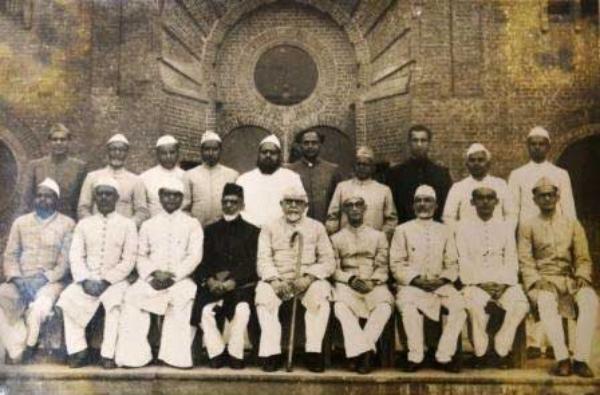
Faculty members of Jamia during the founders day celebration in 1957. (Photo: Wiki Commons)
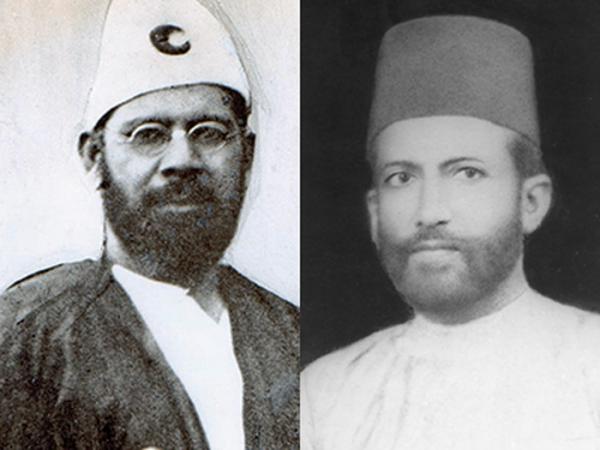
File Photo: Maulana Mohammad Ali Jauhar and Hakim Ajmal Khan
Hakim Ajmal Khan, one of the founders, was elected the first chancellor of Jamia on 22 November 1920. Mohamed Ali Jauhar became Jamia's first Vice Chancellor, as Allama Iqbal could not accept the offer made through Gandhiji.
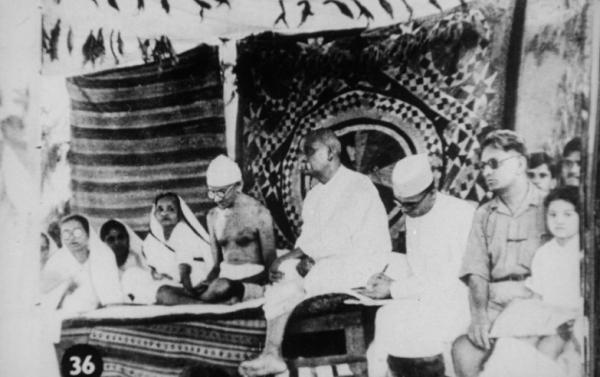
Photo: Gandhiji and Sardar Vallabhbhai Patel during the Bardoli satyagraha. (Photo: Wiki Commons)
The institution suffered an acute financial crisis after the Khilafat Movement ended since JMI received funding from the same. At this time, Gandhiji came forward and as an encouragement said, "The Jamia has to run. If you are worried about its finances, I will go about with a begging bowl." One of Ganhiji's son also studied in the university.
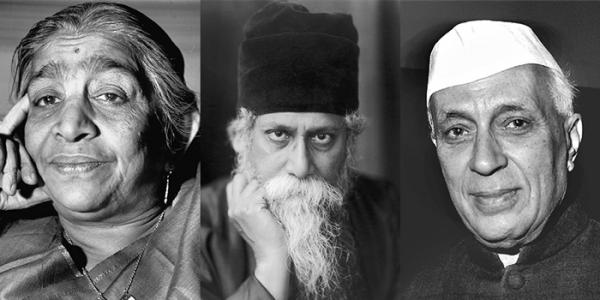
Sarojini Naidu | Rabindranath Tagore | Jawaharlal Nehru.(Photo: Getty Images)
Rabindranath Tagore called JMI "one of the most progressive educational institutions of India." Citing the struggle through which the institution went, Sarojini Naidu said about it, "Jamia Millia Islamia was built stone by stone and sacrifice by sacrifice." However, Jawaharlal Nehru, said that Jamia is a "lusty child of the non-cooperation days."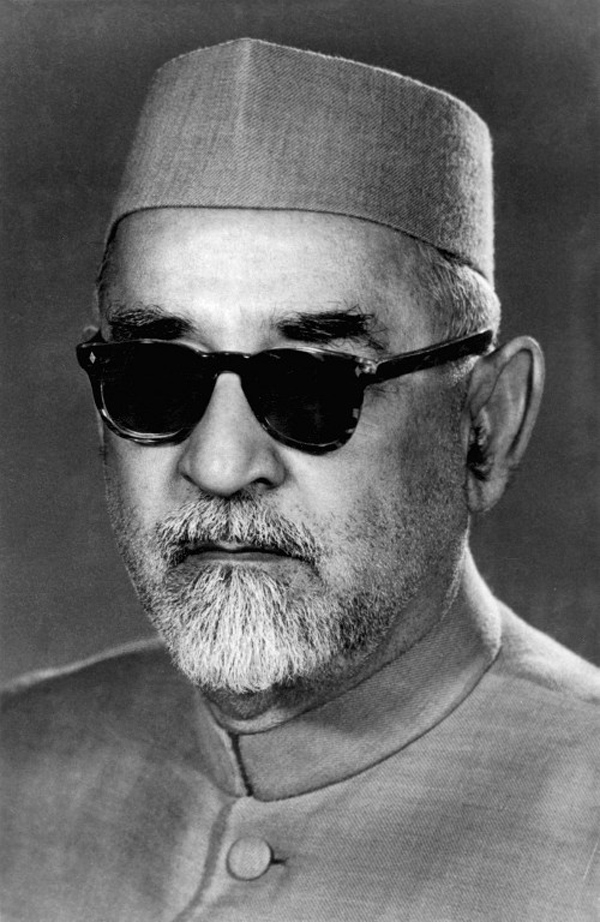
Dr Zakir Hussain. (Photo: Wiki Commons)
In 1925, Dr Zakir Hussain left the University of Berlin to serve at JMI. One of the significant movements which he initiated was to start popular evening classes for adult education. This moved on to become an institution called Idara-i-Taleem-o-Taraqqi in 1938.
The Partition riots which shook the nation did effect Jamia but the campus remained relatively calm.Gandhi said that the campus remained "an oasis of peace in the Sahara" of communal violence. However, books worth Rs 7 lakh were burnt during the turmoil
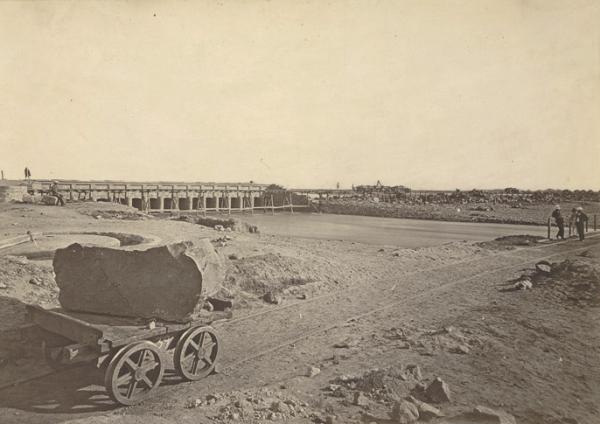
An old image of Okhla village.(Photo: Wiki Commons)
The first building of the university in Okhla (where the university is currently based) was a school which was established on 1 March 1935.
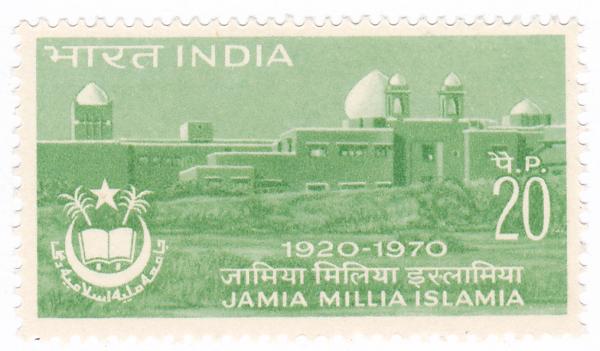
A stamp issued by Indian govt in 1970. (Photo: Wiki Commons)
The Government of India issued a stamp on 29 October 1970, in commemoration of university's golden jubilee.
By a Special Act of the Parliament, Jamia Millia Islamia was made a central university of India in December 1988.


![BJP's Kapil Mishra recreates Shankar Mahadevan’s ‘Breathless’ song to highlight Delhi pollution [WATCH] BJP's Kapil Mishra recreates Shankar Mahadevan’s ‘Breathless’ song to highlight Delhi pollution [WATCH]](https://images.catchnews.com/upload/2022/11/03/kapil-mishra_240884_300x172.png)

![Anupam Kher shares pictures of his toned body on 67th birthday [MUST SEE] Anupam Kher shares pictures of his toned body on 67th birthday [MUST SEE]](https://images.catchnews.com/upload/2022/03/07/Anupam_kher_231145_300x172.jpg)






